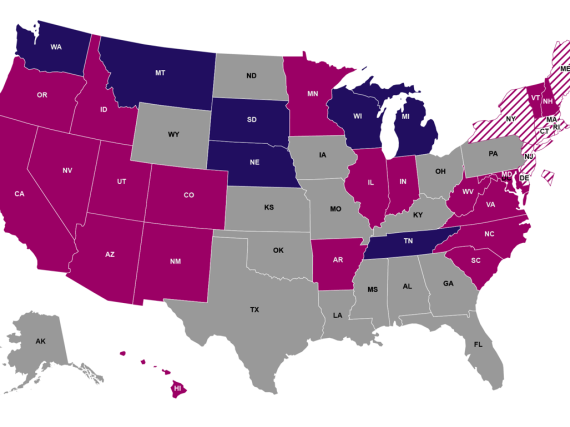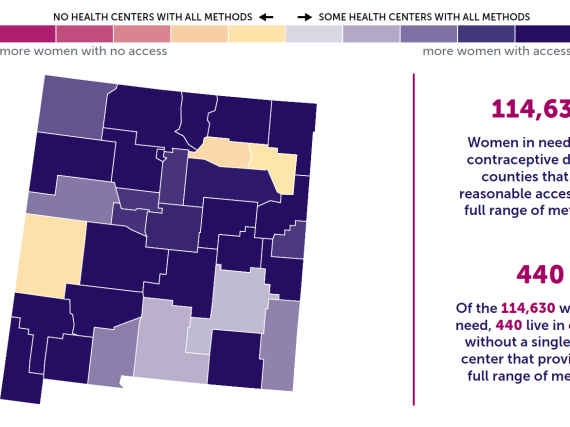State Actions to Expand Contraceptive Coverage

Since 2014, nearly a third of states have undertaken efforts to expand contraceptive access by mandating that health insurance plans cover the full range of contraceptive methods without cost-sharing and with limits on utilization controls. Whether prompted to build upon their own state statutes, the federal contraceptive coverage requirement, or both, these state laws (sometimes referred to as “contraceptive equity laws”) represent important steps to ensure everyone can access the contraception they need to pursue the future they want for themselves.


